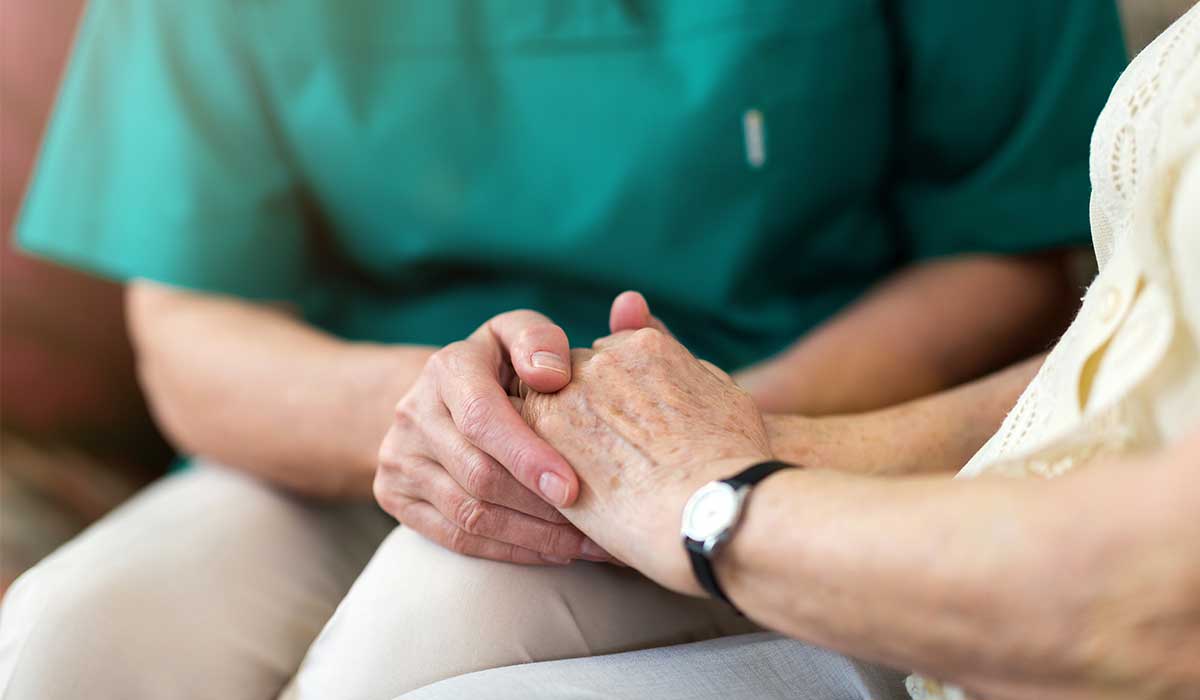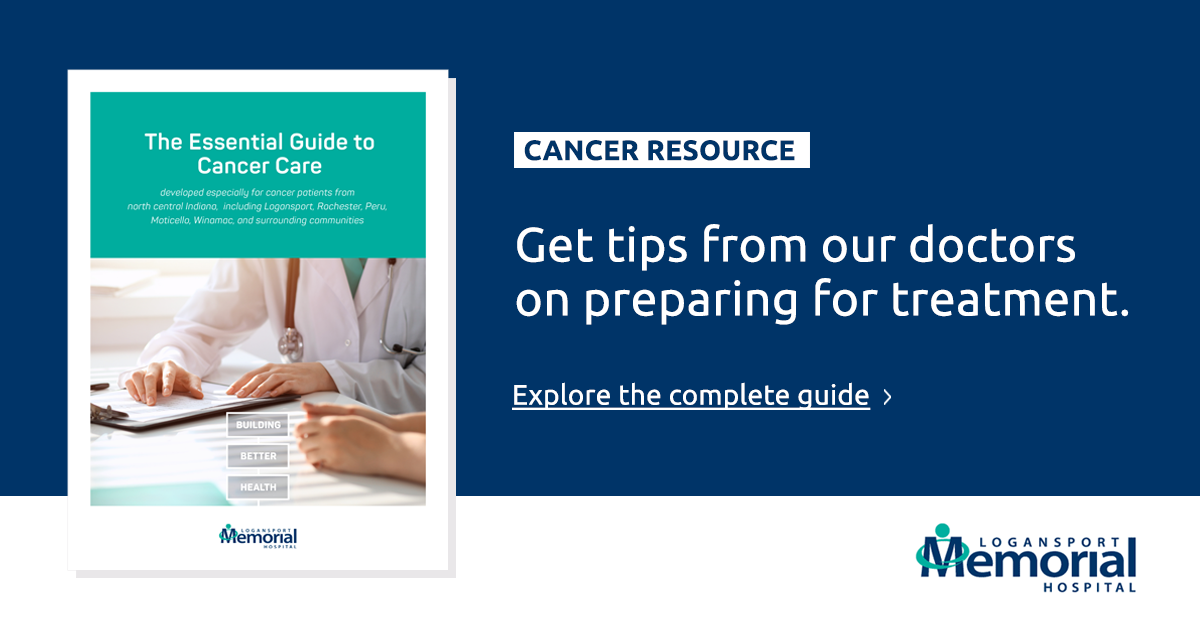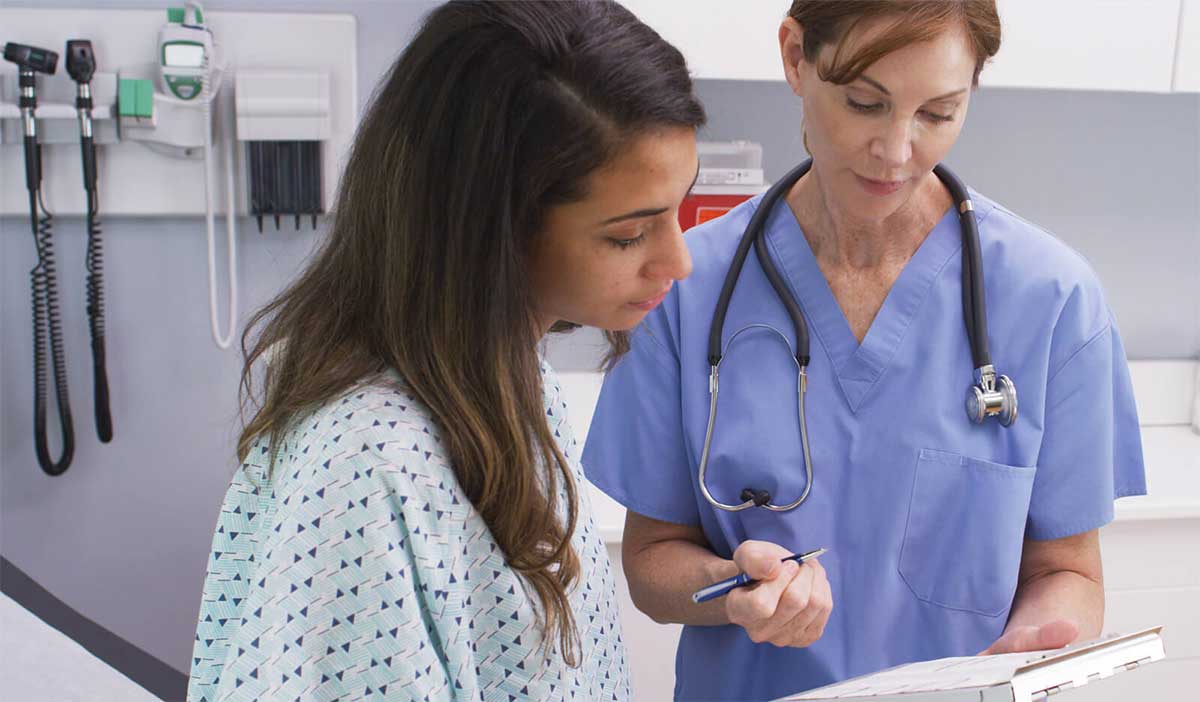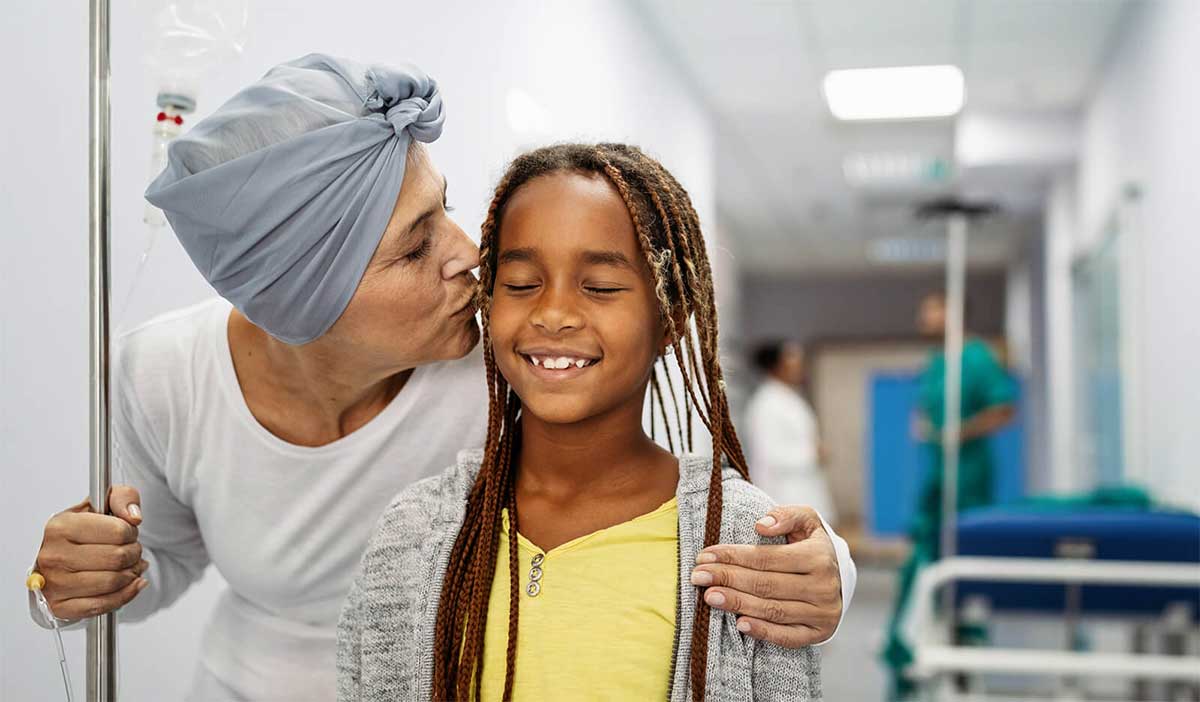
Learning you or a loved one has cancer is an emotional event. Understandably, you may be wondering what happens after a cancer diagnosis.
While each patient’s cancer journey is a little bit different, it can help to get a general idea of what happens next and where to find cancer care resources.
In this article, we’ll discuss the emotional impact of a cancer diagnosis, what to expect with different cancer treatments, and how to get the information and support you need.
Managing your feelings after a cancer diagnosis
It’s normal to have a lot of big feelings after receiving a cancer diagnosis. You may be worried about all the unknowns. You’re likely frustrated that this happened to you or your loved one.
Many patients also worry about the financial impact of having cancer, like potentially missing work or racking up expensive medical bills.
Experiencing anxiety or depression (or both) is not uncommon after a cancer diagnosis. Getting the help you need to take care of your mental health is just as important as treating your cancer. Talk to your care team if you’re experiencing any symptoms of anxiety or depression.
The American Cancer Society offers some helpful information for cancer patients and caregivers about recognizing the signs of unease and melancholy.
Don’t be afraid to lean on your support system
You are not alone in your cancer fight. Figure out who is on your support team and rely on those people to help you throughout your journey.
Your team could include a spouse or committed partner, close family or friends, neighbors, members of your church, and—of course—your cancer care team.
Identify people who can help you with tasks around the house, go with you to appointments, and help care for kids or pets when needed. You’ll also want a trusted friend or family member who you can talk to about your feelings and concerns and who will be there for you emotionally.
Many people find great value in joining an in-person or online cancer patient support group. Being able to talk and get advice from others going through the same thing you are can be very helpful and comforting.
Logansport Memorial’s Cancer Care Center offers an in-person support group open to cancer patients, survivors, family members, and caregivers in the community who are looking for support.
Treatment after cancer diagnosis
The treatments you will need depend on several factors, including the type of cancer you have and its severity. And as research and technology advance, cancer treatments are constantly evolving, and more options are becoming available.
Regardless of the type of treatment you need, the goal remains to remove most or all of your cancer and prevent it from spreading or coming back.
In some cases, your doctor may recommend “expectant management,” which is close monitoring of your cancer, instead of starting active treatment. In other cases, you may start treatment right away.
The three most common types of cancer treatment are surgical oncology, chemotherapy, and radiation. You may need one or more of these treatments during your cancer journey.
Surgical oncology
Surgical oncology uses surgery to treat cancer. A surgical oncologist is a doctor who removes tumors and nearby tissues that contain cancer cells. They can also do preventative surgery on areas that contain precancerous cells or are likely to become cancerous.
Chemotherapy
Chemotherapy uses powerful cancer-destroying drugs to keep cancerous cells from dividing and growing. Trained oncology doctors and nurses administer chemotherapy drugs through IV treatments, injections, or blood transfusions.
Radiation oncology
Radiation therapy uses high-energy x-rays to cure or reduce cancer symptoms. State-of-the-art radiation technologies—including Varian TrueBeam® and Varian RapidArc®—deliver precise doses of radiation with pinpoint accuracy, allowing your oncologist to target your cancer without affecting any healthy tissue.
Will there be side effects?
Side effects from cancer treatments differ from person to person. Many people experience unpleasant side effects, like hair loss after chemotherapy or extreme tiredness from radiation therapy.
Your cancer care team will work to help you feel as comfortable as possible during the treatment process. They may prescribe additional medications to help alleviate some of your side effects.

Don’t be afraid to ask questions—and take notes
There is a lot of information to take in when you or a loved one are diagnosed with cancer. Voicing your concerns and asking questions can help you feel more confident and prepared for the next steps.
Don’t hesitate to let your doctor, nurses, billing staff, and other care team members know when you need more information about something.
Lean on your support team, too, to help you listen and take notes during your appointments and jot down any questions that come up.
It takes a village to fight cancer, and it’s okay to ask for help and support when you need it!
Get cancer care close to home at Logansport Memorial Hospital
Getting a cancer diagnosis can be overwhelming. Dealing with the need to travel away from home for care adds an extra burden during an already challenging time.
With Logansport Memorial Hospital, you no longer have to drive over an hour to get full-service, high-quality cancer care in north central Indiana.
Our multi-disciplinary team of surgeons and specialty providers will put you first and help you navigate what happens after a cancer diagnosis.
We provide the latest conventional and cutting-edge cancer treatments you’ll need to beat the odds, from advanced surgical oncology and fully-customizable chemotherapies to world-class radiation therapies and convenient follow-up consultations.
Call (574) 753-9000 for questions about our cancer care services.
You might also like:
- Stress-Free Patient Advocacy: Hints for Helping Loved Ones
- Coping With Cancer: Healing and Mental Health
- How a Cancer Diagnosis Will Impact Your Life




